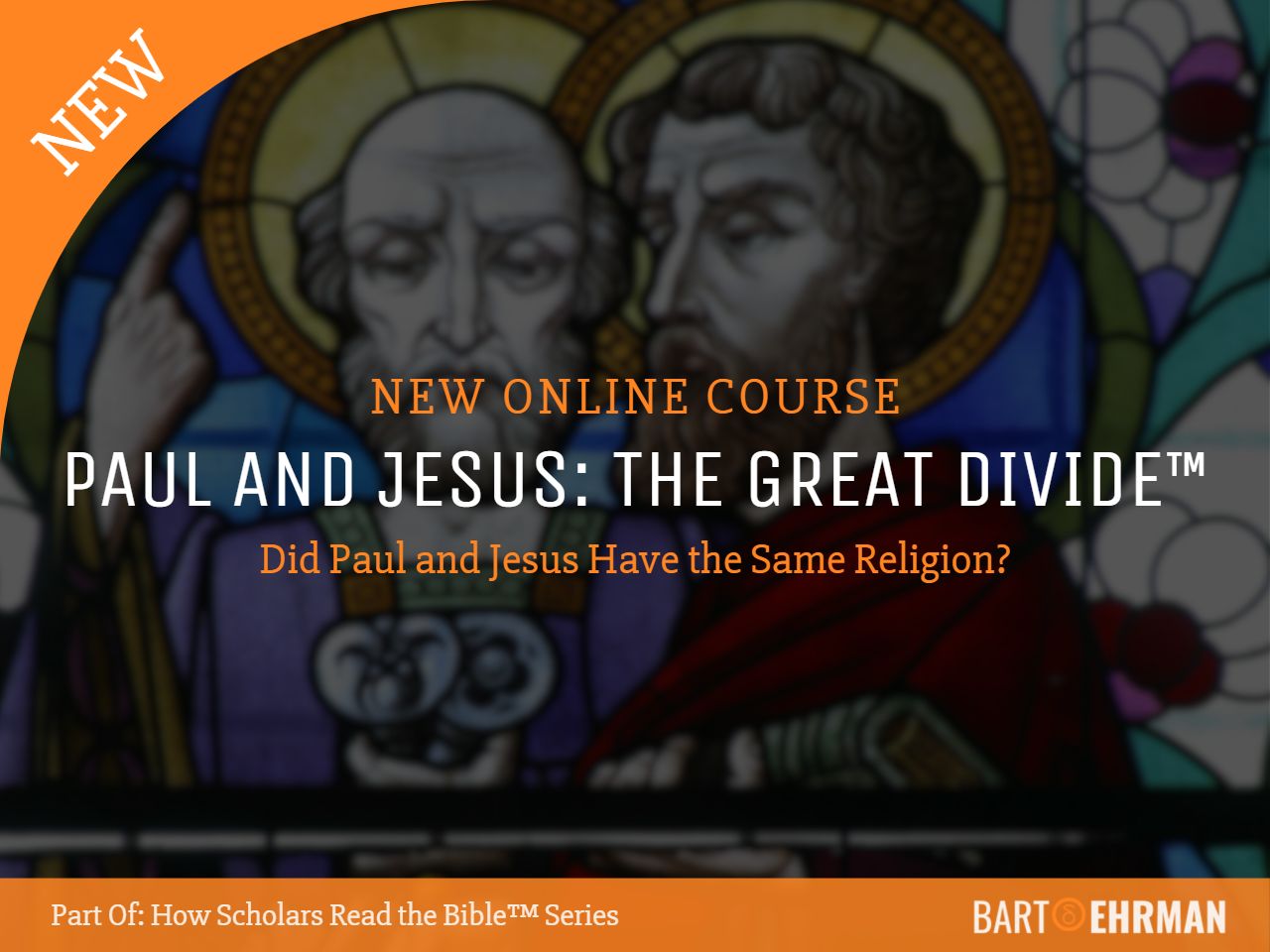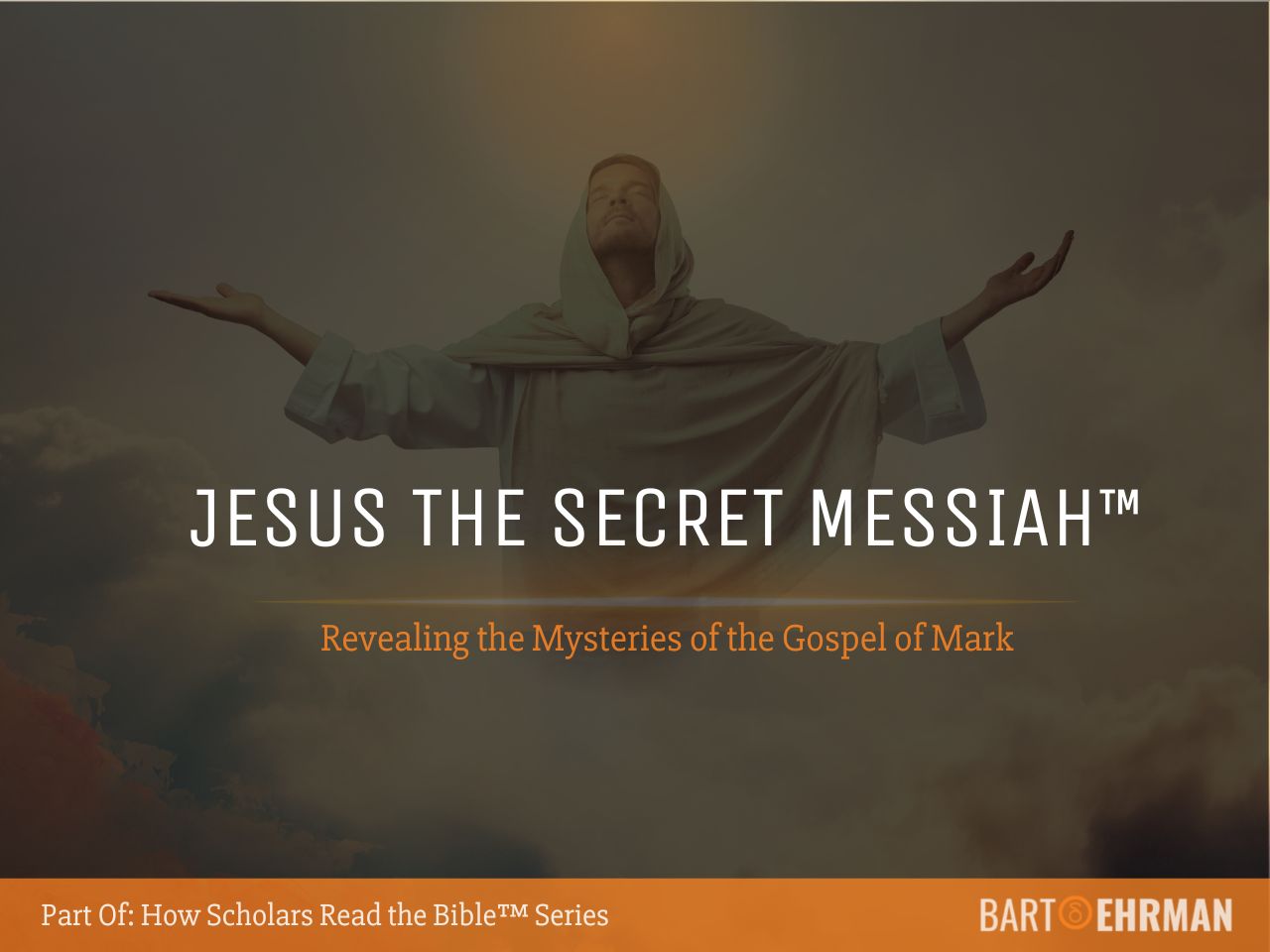Christianity Beliefs: 7 Principles of the Christian Faith

Written by Joshua Schachterle, Ph.D
Author | Professor | Scholar
Author | Professor | BE Contributor
Verified! See our editorial guidelines
Verified! See our guidelines
Date written: March 8th, 2024
Disclaimer: The views and opinions expressed in this article belong to the author and do not necessarily match my own. - Dr. Bart D. Ehrman
Asking about Christianity’s main beliefs is not as simple a question as it might seem. As with all world religions, there is a diversity of beliefs within Christianity. There are, for example, beliefs specific to Catholic, Eastern Orthodox, and various Protestant denominations. In addition, since all of these groups consist of individuals, there is certainly diversity within each group as well.
However, in a very general sense, one can outline some basic beliefs shared by most Christians. In this article, I want to write about seven of those shared beliefs and include a bit of information on differences of opinion about each belief.
By the way, I want it to be clear that I am merely reporting on these beliefs, not on their validity.

Summary of the Principles of Christian Faith
#1 - Christians are monotheistic
Certainly, modern Christians believe that there is only one God. Non-Christians might find it confusing, therefore, that this God is divided into three parts: Father, Son, and Holy Spirit, also known as the Trinity. God is one being who exists in three persons. Together, these three make up the Godhead, the essence of what God is. They share the same substance and are ultimately one God.
Interestingly, the earliest Christians may not have been monotheists in a strict sense. They may instead have been henotheists, that is, they believed that there were other gods but that their God was superior to all others.
Paul, for example, certainly believed in other cosmic powers, although there is only one place in his authentic letters where he calls them “gods.” This is how he puts it in 1 Cor. 8.5-6:
Indeed, even though there may be so-called gods in heaven or on earth—as in fact there are many gods and many lords— yet for us there is one God, the Father, from whom are all things and for whom we exist, and one Lord, Jesus Christ, through whom are all things and through whom we exist.
It's a bit hard to tell from this verse whether Paul is saying that many gods exist or whether many gods are only believed to exist, “so-called gods.” Paula Frederickson says that in the 1st century,
The world was filled with other gods, and ancient Jews knew this. Paul complains about their negative effect on his mission. Astral forces (stoicheia) previously enslaved his formerly pagan converts in Galatia (Galatians 4.8). “The god of this cosmos” blinded believers so that they cannot see “the glory of Christ, who is the likeness of God” (2 Corinthians 4.4)… Paul and his Gentile readers do not doubt the existence of many gods. They just do not worship them.
Again, while there is certainly an argument to be made about Paul’s belief in the existence of other gods, it is far from clear.
#2 - Significance of the life, death, and resurrection of Jesus
This is in many ways the essence of Christianity. Christians believe that God sent Jesus, his only-begotten Son and the Messiah, to save the world from sin. What can be confusing about this is the differences of opinion and theories about why and how this worked. In other words, there are several theories of atonement.
a. The Ransom Theory
This was probably the earliest Christian theory of the atonement. Its language can be found in the New Testament. For example, in Matthew 20:28, Jesus says “the Son of Man came not to be served but to serve and to give his life a ransom for many.” Similarly, in 1 Timothy 2:6 the author says that Jesus "gave himself a ransom for all." This begs the question, though: to whom was this ransom paid?
Because humans chose to sin, this theory says, they gave themselves over to Satan. Therefore, Satan had to be paid in order to redeem humans. Fourth-century bishop and theologian Gregory of Nyssa puts it this way:
When the enemy [Satan] saw the power, he recognized in Christ a bargain which offered him more than he held. For this reason he chose him as the ransom for those whom he had shut up in death’s prison.
However, Jesus’ resurrection signified God’s victory over Satan and death.
b. The Penal Substitution Theory
This theory says that because of God’s anger at the injustice of human sin, humans had earned suffering and death. To rectify this, God allowed his Son Jesus to suffer the death, punishment and curse humanity deserved.
John Calvin, early Protestant theologian, described this theory in terms of criminal law since he was trained to be a lawyer.
Another principal part of our reconciliation with God was that man, who had lost himself by his disobedience, should, by way of remedy, oppose to it obedience, satisfy the justice of God, and pay the penalty of sin. Therefore, our Lord came forth very man, adopted the person of Adam, and assumed his name, that he might in his stead obey the Father; that he might present our flesh as the price of satisfaction to the just judgment of God, and in the same flesh pay the penalty which we had incurred.
c. The Recapitulation Theory
In this theory Christ is the new Adam, undoing the wrong that Adam did. Because he is the union between God and humans (more on this below), he leads humankind both to moral perfection and eternal life. Scottish theologian William Barclay summarizes this theory:
Through man’s disobedience the process of the evolution of the human race went wrong, and the course of its wrongness could neither be halted nor reversed by any human means. But in Jesus Christ the whole course of human evolution was perfectly carried out and realized in obedience to the purpose of God.
This theory emphasizes the nature of Christ, which leads us into the next Christian belief.
#3 - Jesus was both fully human and fully divine
Some may wonder why the belief in Jesus being born of a virgin is so important to most Christians. It’s because that defines Jesus: he is both human, born from a human mother, and divine, as evidenced by the fact that Mary was impregnated by the Holy Spirit. In a very real way, then, Jesus united God with humanity.
This is stated implicitly in the Nicene Creed, which says that Christ “by the Holy Spirit was incarnate of the Virgin Mary, and became man.” The belief that Christ was both fully human and fully God was officially affirmed by the Council of Chalcedon in 451 CE.
When Eastern Orthodox and Catholic Christians take the Eucharist or communion, they believe that the bread and wine are the real presence of Christ. Thus, receiving communion is partaking in an intimate union with Christ. For this reason, among the beliefs and practices of these two churches (and others), participating in communion is essential.
Many Protestants, on the other hand, believe that taking communion is a symbolic act commemorating Christ’s sacrifice.
#4 - Jesus will return to earth again: the Second Coming
Paul frequently referred to this event in his authentic letters. In fact, he believed it would happen during his lifetime, as he says in 1 Thessalonians 4:16-17:
For the Lord himself, with a cry of command, with the archangel’s call and with the sound of God’s trumpet, will descend from heaven, and the dead in Christ will rise first. Then we who are alive, who are left, will be caught up in the clouds together with them to meet the Lord in the air, and so we will be with the Lord forever.
Note that he says “we,” believing that he will still be alive when Jesus returns. Clearly, the Second Coming did not happen in Paul’s lifetime. This did not discourage Christians from believing in this coming event, but rather modified their expectation of knowing when it would come. As Jesus says in Matthew 24:36, “But about that day and hour no one knows, neither the angels of heaven, nor the Son, but only the Father.”
Did You Know?
Throughout the history of Christianity, people have tried to predict when Jesus would return to earth. None have been successful so far.
Hippolytus of Rome, a 3rd-century bishop and theologian, predicted that Jesus would come in the year 500 CE. He based this on the idea that 6,000 years had to pass since the creation of the world before Jesus would return, which he thought would be in the year 500 CE.
In 1500, Renaissance artist Sandro Botticelli believed that the millennium of Christ’s reign would happen within three years.
John Wesley, founder of the Methodist church, wrote that Jesus would come and reign over the earth beginning in 1836.
Celebrity psychic Jeanne Dixon claimed that the battle of Armageddon would begin in 2020 and that Jesus would return that year to defeat the Antichrist, Satan, and the False Prophet from the book of Revelation.
#5 - The Bible is divinely inspired
While no one (I think) believes that God literally wrote the Bible, most Christians believe that its writings were inspired by God. As such, the Bible is seen as God’s self-revelation, sacred and essential to Christian life.
There are differing views on whether the Bible is inerrant (without error). Some Christians, for example, believe that the Bible as a historical document is inerrant. Everything that it describes, therefore actually happened the way the Bible says it did. This causes conflicts, when, for example, archeologists can find no evidence of Israelite slavery in Egypt or when the Bible’s stories contradict each other, as the Gospels sometimes do.
Another version of inerrancy, though, says that while the Bible has no errors as the self-revelation of God, although it is not an inerrant historical document. In other words, it contains truth but not always facts, a distinction which is often hard for modern people to understand.
John Dominic Crossan, for example, gives an example of a statue of Abraham Lincoln using an axe to cut the chains off a slave’s leg. Did this happen as a fact? No. Does the statue convey truth, however? Yes. Jesus’ parables are another example of this truth/fact dichotomy.
#6 - Resurrection of the body
Paul believed that Jesus’ resurrection was merely the first in a general resurrection of the dead. In fact, many 1st-century Jews believed this would happen when God’s kingdom came to earth. This is why Paul says “But in fact Christ has been raised from the dead, the first fruits of those who have died.” In other words, Christ’s resurrection signals that the general resurrection is about to happen.
Christians have differing views of this. Since the Gospels say there was an empty tomb, and since in the Gospel of John, Thomas is actually able to touch Jesus’ resurrected body, many Christians believe that the resurrection will include the body, either reconstituting the body they once had, or being given a new, spiritual body.

#7 - Creation - Creatio ex nihilo
Creatio ex nihilo is Latin for “creation out of nothing.”
“In the beginning, God created the heavens and the earth.” So begins the English translation of Genesis, the first book of the Bible for both Jews and Christians. Christians generally take this to mean that God did not create the world out of existing matter, but rather created matter itself.
Genesis doesn’t actually say this, clearly stating that “the earth was complete chaos, and darkness covered the face of the deep.” In other words, there was matter, it was just highly disorganized. Creation, in this sense, means that God organized it correctly to make the world as it is.
However, Gerhard May writes that since the 3rd century CE, creatio ex nihilo has been a central tenet of Christianity. Why is this notion important? It is an affirmation of God’s total sovereignty over the universe, a confirmation that God is involved in the world and that the world is moving according to God’s purpose.
Conclusion
One could write an entire book about summarizing the principles Christianity. In fact, such books have been written many times. With the diversity of beliefs and practices within different denominations, regions, and individuals, however, it’s a daunting task.
However, I think these seven Christian beliefs would sit comfortably within most churches, even if they might differ on nuances of the beliefs.


